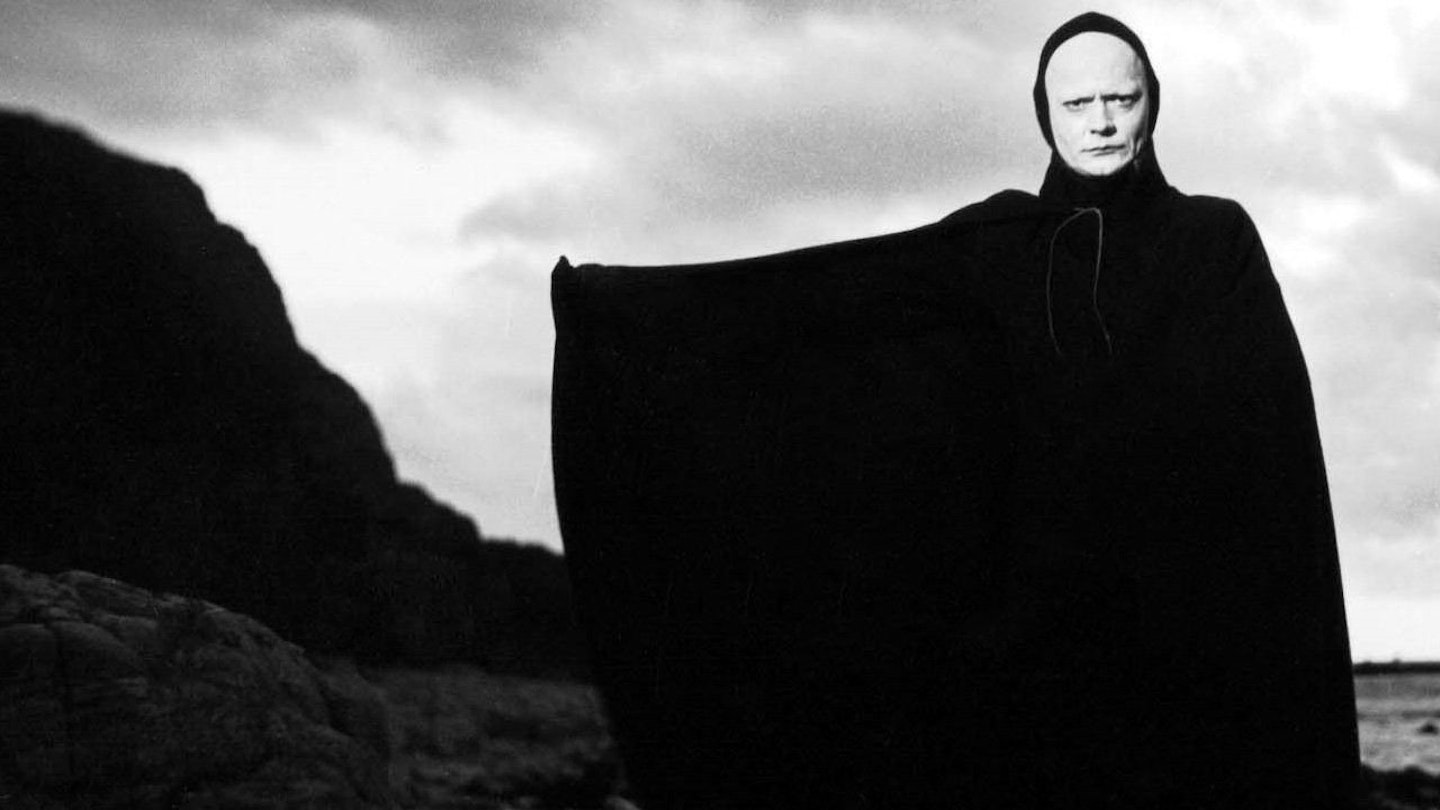Forget Knight Moves starring Christopher Lambert, Ingmar Bergman's The Seventh Seal contains cinema’s most celebrated chess game. What better way, then, to mark the great man's birthday on July 14 than by running the rule over perhaps his most iconic scene?
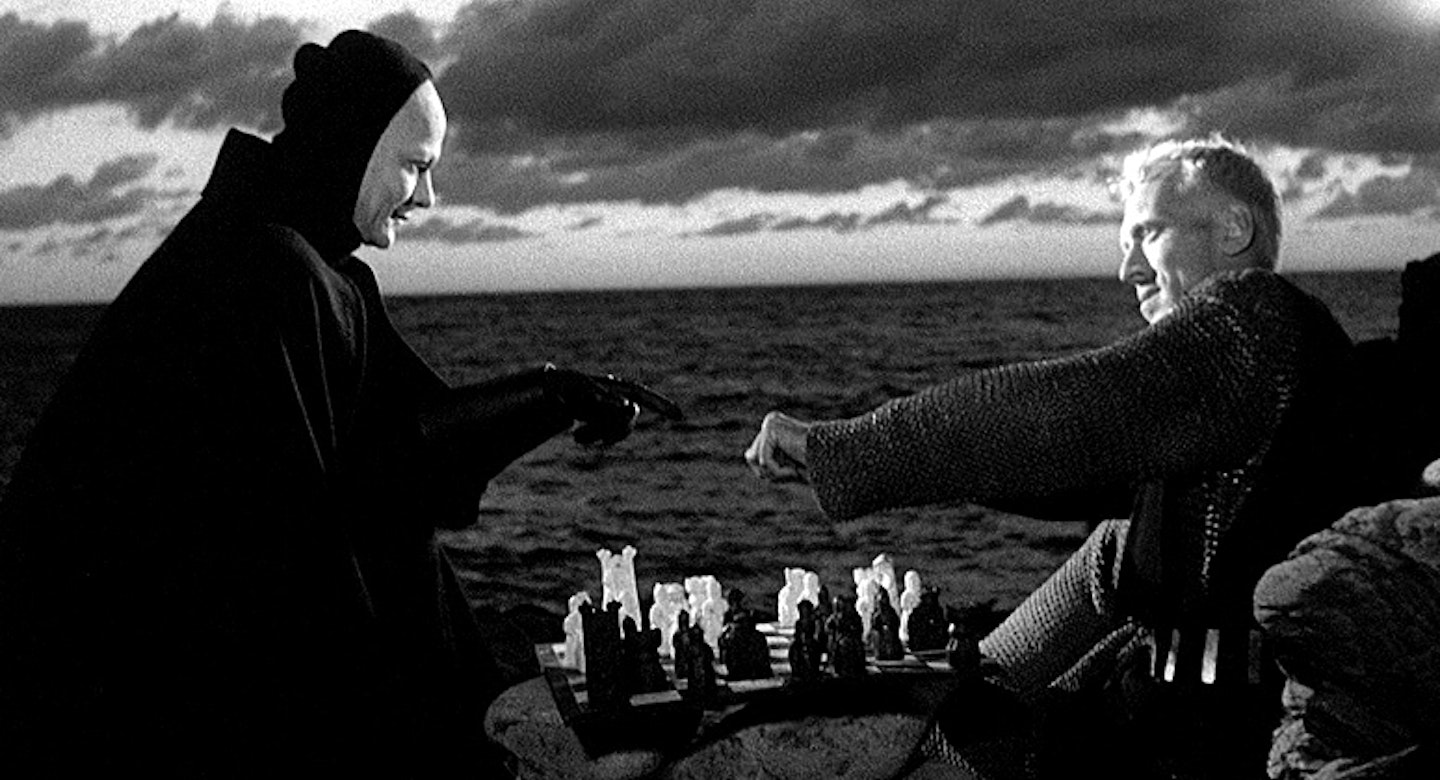
In Bergo’s knight’s tale, Antonius Block (Max Von Sydow) returns home from the Crusades to see his country ravaged by plague, famine and bad haircuts. To add insult to injury, Block discovers that Death (Bengt Ekerot) has come to take him away, so the knight challenges the Grim Reaper to a game of chess — if he wins, he can return home to his wife and family. If he loses... Game over, man. Game over!
Despite its effectiveness as an arthouse allegory for the eternal struggle between life and mortality, the battle of the board leaves a lot to be desired in the chess-authenticity stakes.
“It’s very common for filmmakers to get things wrong,” says chess arbiter Stewart Reuben. “Although the film is set in the 14th century, it’s almost certain that they are playing to the rules established in the 15th century. Death makes a move, followed by white checking the King, followed by Black putting his King out of the way, but then the game dissolves away.”
(See diagrams below.)
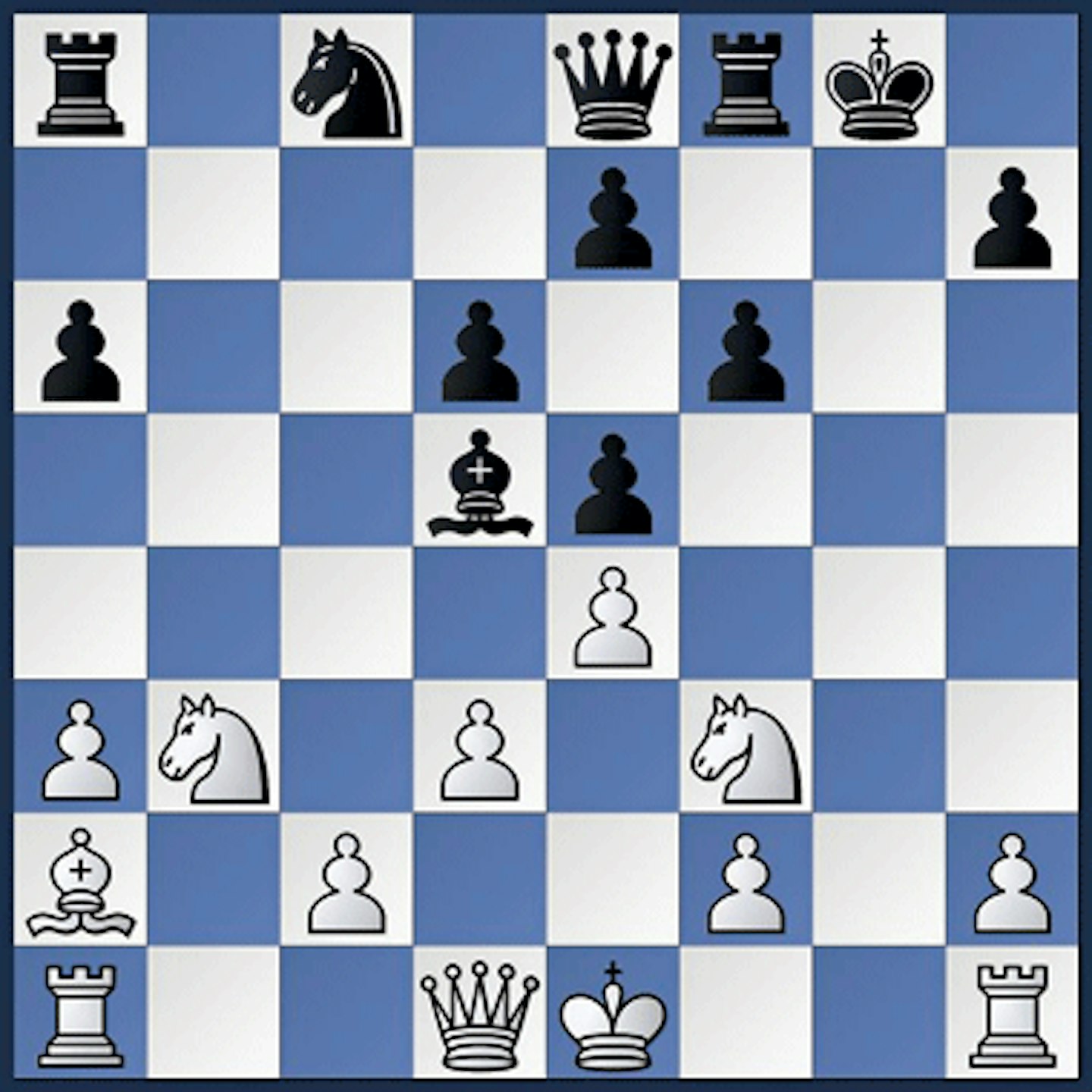
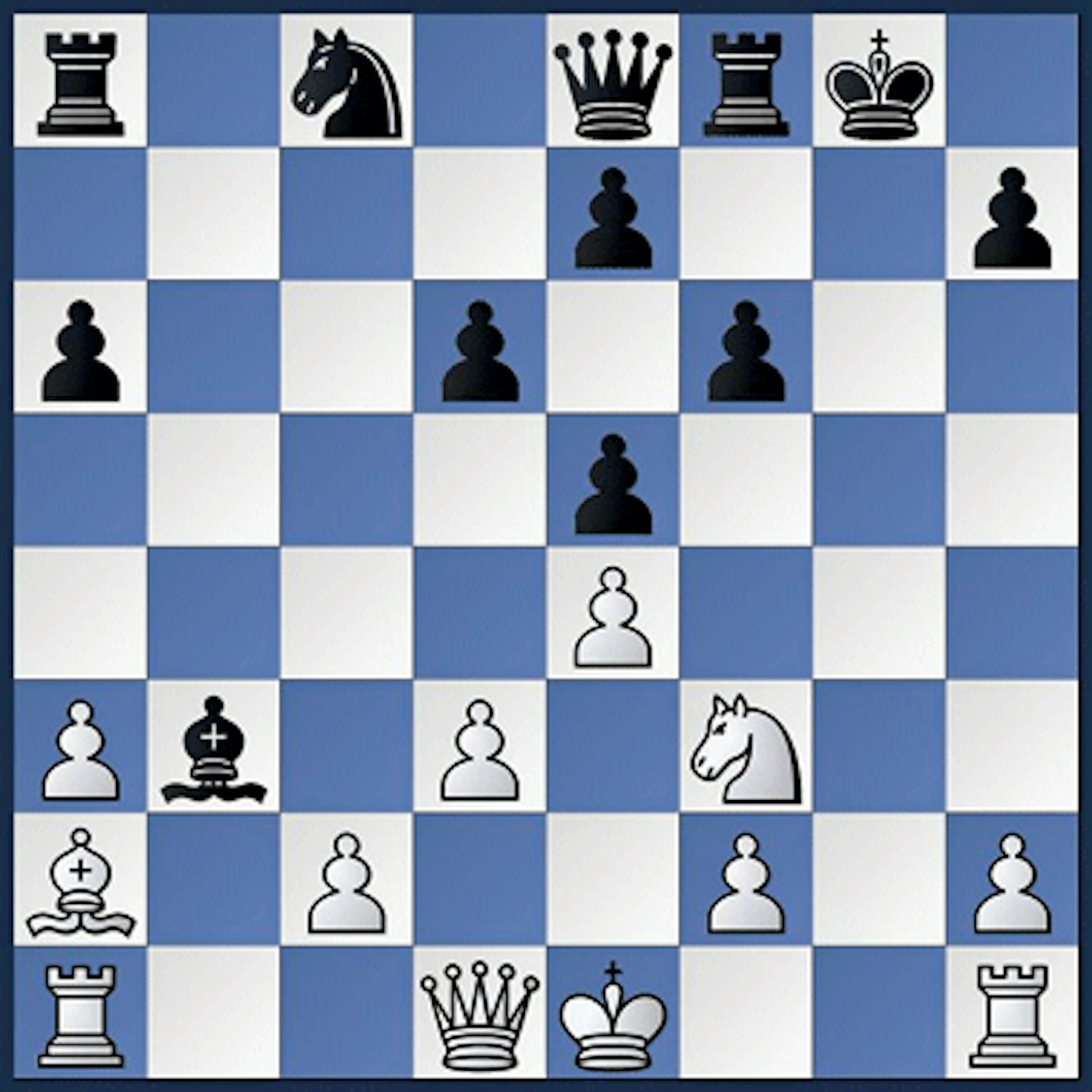
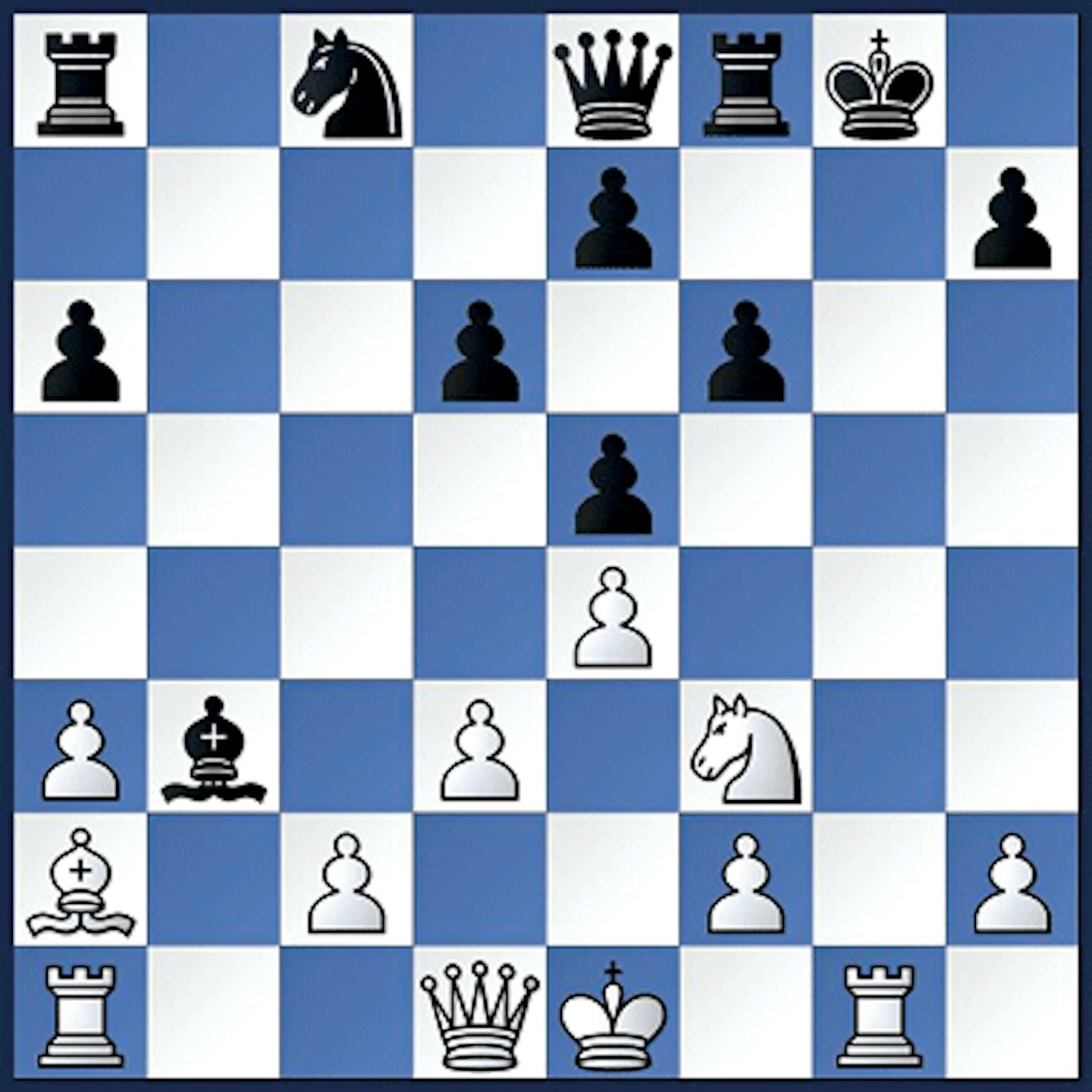
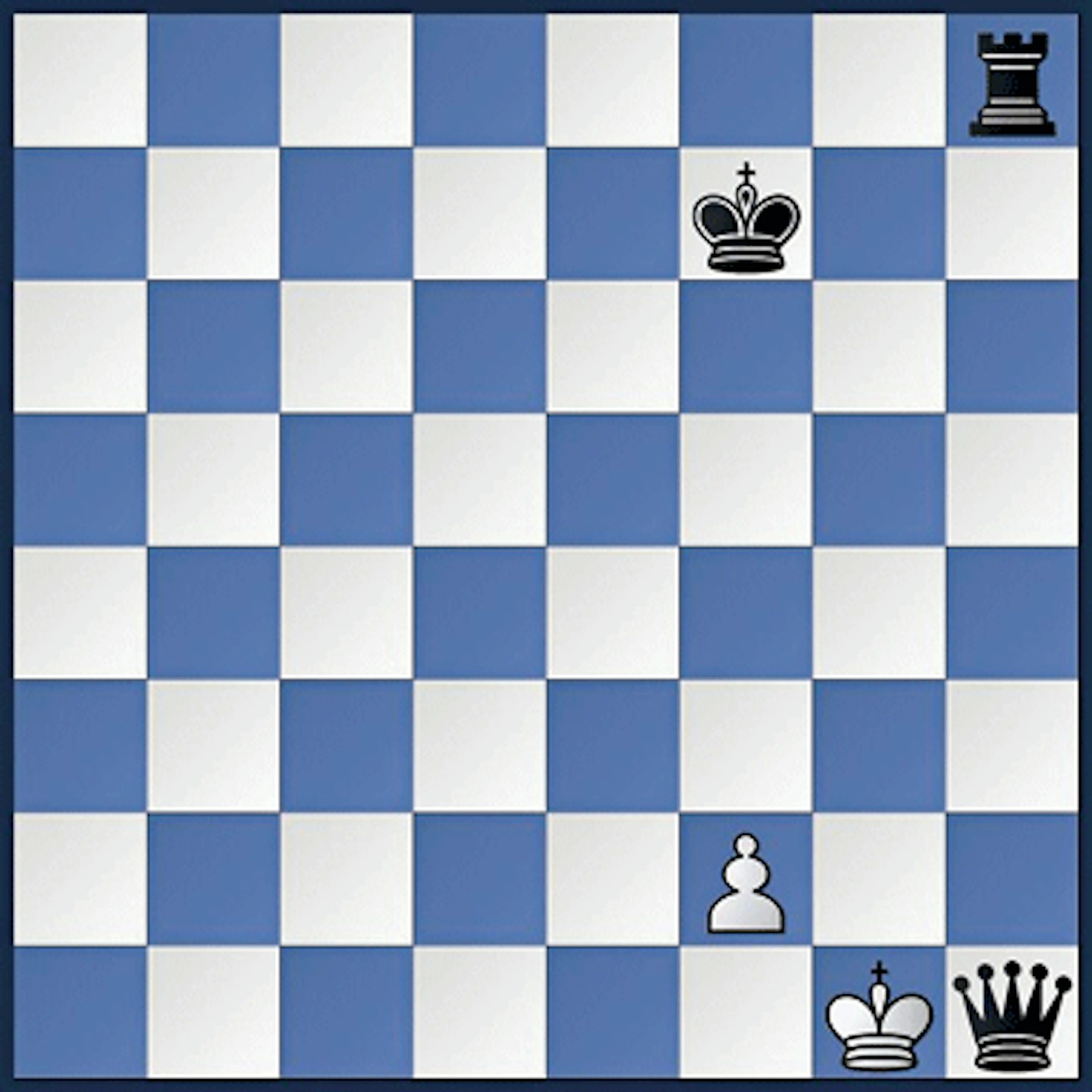
*The end game. Black wins.*With almost certainly no chess advisor on board, the anachronisms build up thick and fast. White starts the match (“The convention of White always starting first is late in the 19th century”), the board starts with the white squares on the right but later switches, and Death’s capturing of the Queen, presented here as a big play, makes little sense as the Queen was a less powerful piece at this time. “The thing is, the game doesn’t flow,” observes Reubens. “What you’d expect is, as the game goes on, there to be fewer and fewer pieces on the board. What you would never expect to happen is that there are more and more pieces on the board, even though they are being exchanged off as it goes.”
So is this a Bergman-esque comment on the absurdity and randomness of existence or just a cock-up? Reubens thinks neither.
“The game used was probably one of several between the film crew, and they just took any position that happened to be current from long shots because, illogically, the board seems to be more crowded later in the game. I can’t actually see why the final position is actually checkmate.”
Ingmar Bergman, then: master filmmaker, doofus chess player.
